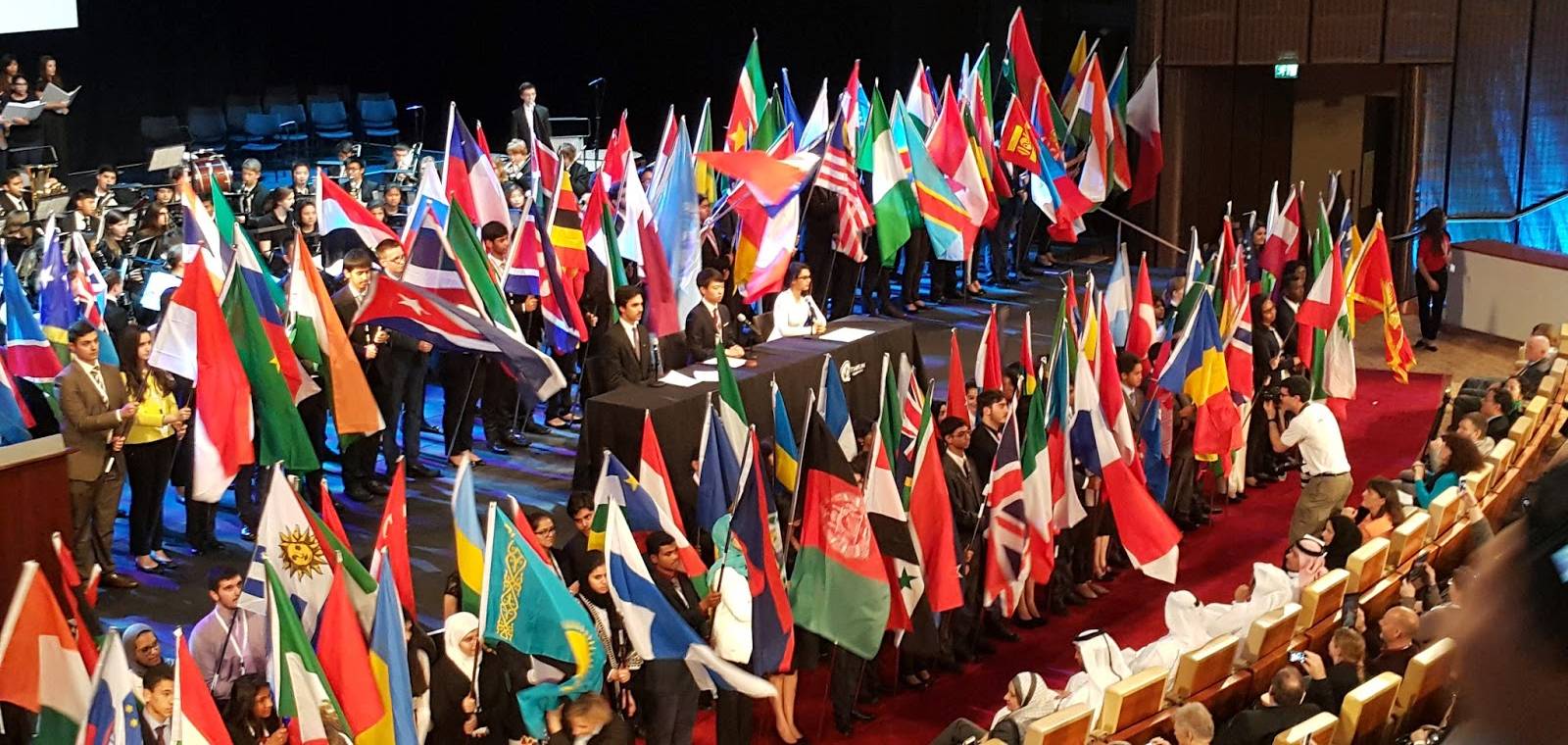
To inquire about this program:
Dr. Benjamin Mabry | 423.869.7427 | benjamin.mabry@lmunet.edu
In political science students explore how government impacts citizens, how citizens can impact government, and how citizens relate to one another. Students of political science examine the American constitution and the institutions and processes which it produced; They examine how nations interact with one another and how other nations' governments differ from our own; They also examine big questions like "what is justice?" and "why do human beings need government?"
Politics is at the core of our societal relationships, our economy, our interaction with other nations, and our cognizance of who we are as a people. Politics also defines and clarifies our individual rights and our responsibilities to one another. Supreme Court Justice Joseph Story claimed that "Republics are created by the virtue, public spirit and intelligence of the citizens." Political science students graduate with the ability to think, speak and act more thoughtfully when it comes to essential issues that face every citizen of America's republic.
Political Science students take diverse, engaging and eye-opening courses that examine American political institutions, campaigns and elections, constitutional law, political philosophy, international politics and comparative governments. All students take a group of core introductory courses and upper-division electives of their choice.

All political science students take:
Students select elective courses based on their goals and interests which can include:
Political Science 2024-2025 - Four Year Plan 2024-2025.
The Early Entry Program to LMU Duncan School of Law allows undergraduate students at Lincoln Memorial University to apply, be accepted to, and begin pursuing a JD at LMU Duncan School of Law (DSOL) prior to graduating with a Bachelor's Degree. For more information, see Guidelines and Early Entry Plan 2024-2025.
Because so many areas of human life relate to politics, Political Science is an outstanding minor to complement any number of majors. Knowledge of the policymaking and regulatory process, and the dynamics of international politics are useful for Business majors; understanding of the institutions and trends in American politics is useful for English majors interested in journalism; studying courts and constitutional law is useful for Criminal Justice majors and all students interested in pursuing law school.
All students who minor in Political Science take:
Dr. Benjamin Mabry: Political Science Program Director and Assistant Professor of Political Science
Dr. Steven Roberts: Instructor of Political Science
Dr. Martin Sellers: Professor of Political Science and Dean, School of Arts, Humanities, and Social Sciences
Political Science graduates are well prepared for any number of graduate programs, including law school, MBA programs, MPA programs, as well as MA and PhD programs in political science.
Politics relates to almost every area of life. In addition to finding jobs in local, state and federal government, political science graduates find successful careers as
Political Science graduates are poised to enter the workforce in multi-national organizations and organizations that work with government relations, advocacy, contracting and conflict management as well as the growing healthcare sector.
According to the U.S. Bureau of Labor Statistics, the employment of political scientists is projected to grow 5 percent from 2018 to 2028, about as fast as the average for all occupations. For more detailed information on the positive job growth expected in the field of political science please see here: U.S. Bureau of Labor Statistics; Political Science.